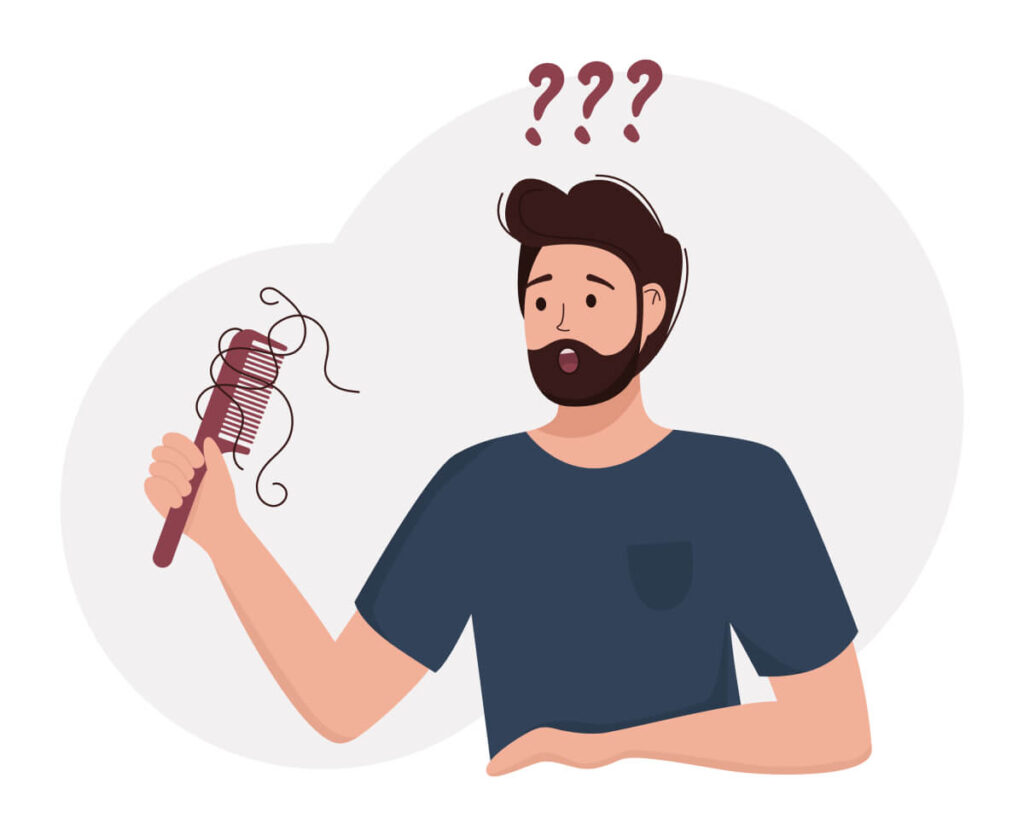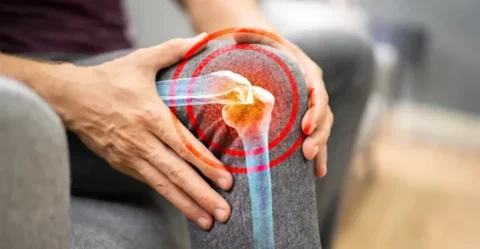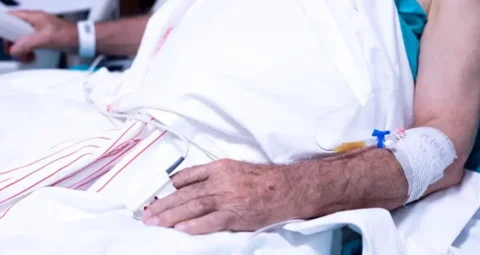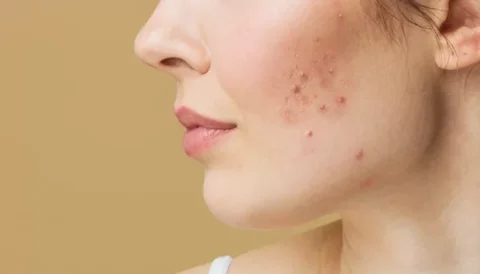While hair loss is a common concern around the world, its causes can vary from person to person. The most known type of hair loss is androgenetic alopecia which is a form of hereditary hair loss, though there are other types of hair loss that can be caused by things like physical stress, bad habits, medications, and the like. Depending on what causes your hair loss condition, you may need to reconsider which treatment for hair loss you need.
So can PRP or platelet-rich plasma treatments help with hair loss conditions that are not genetic? The short answer is yes, because PRP treatments increase growth factor concentrations in the body that can treat both non-genetic and genetic hair loss.
PRP Treatments for Non-Genetic Hair Loss
While PRP treatments have been known to help treat androgenetic alopecia and other hereditary hair loss disorders quite effectively, there’s a question if it will have the same effect on non-genetic hair loss. PRP treatments were originally designed to promote healing through growth factors concentrated in a certain area which was later adopted as a treatment for hair loss.
Even if the cause of your hair loss isn’t genetic, you’ll still benefit from the growth factors and collagen production stimulated by the treatment. With these two factors promoting hair growth, it’s likely that PRP will be an effective hair loss treatment for varying types of hair loss. Overall, regardless of why you’re losing hair, PRP treatments will most likely be an effective treatment in addressing any of your hair loss concerns.
Why Are You Experiencing Hair Loss?

Depending on the cause of your condition, it’s possible that you’re experiencing temporary hair loss as opposed to permanent hair loss that is brought on by genetic hair loss. The best way to find out why you’re losing hair is to have your doctor perform a scalp biopsy.
During the biopsy, two small skin samples from your scalp will be taken to decipher what is causing your noticeable hair loss. While the sample could reveal a number of reasons as to why you’re experiencing forms of hair loss, these are some of the more common reasons that may be causing your condition and how PRP can help address it:
1) Major Stress
If you’re experiencing sudden hair loss, it may be due to the severe stress you’re currently under. According to several studies, stress can cause a chemical reaction that can cause several changes to your body including hair growth. When under immense stress, your hair follicles will often enter the catagen phase of the hair cycle. During this phase of hair growth, your hair follicles are no longer actively producing new hairs and begin detaching existing hairs from the roots.
If your doctor thinks that the main cause of your hair loss is stress, it’s likely that your condition is just temporary. Eliminating stress-causing factors in your life should be enough to boost hair regrowth; however, many do still seek treatments like PRP to speed up the process. While not necessary to address your loss of hair, injecting platelet-rich plasma onto your balding spots or thinning areas may help you see hair growth much quicker.
2) Oral Medication and Hormone Imbalances
Another non-genetic reason for hair loss is hormone imbalances caused by oral medications. While there are many oral medications that can cause a hormonal imbalance, the birth control pill is the most popular medicine that can cause hair loss.
With the different hormone regulators and boosters in various birth control pills, it can at times cause patchy hair loss or thinning of hair. If you have just started taking birth control and noticed sudden hair loss, you may want to consult your doctor on possibly taking a different brand.
In the case of birth control, you can easily switch brands that may better suit you. However, if you’re taking other types of prescription medication that you think are causing your hair loss, you may not be able to switch them out or stop taking them for various medical conditions. If this is the case, PRP therapy may be the best option for you.
PRP is an effective treatment for hair loss when addressing hormonal imbalances due to medication as it will rarely interfere with medications being taken but help stimulate your hair follicles to have a bit of hair growth.
3) Bad Hair Habits
Traction alopecia is a term used for hair loss due to prolonged tensions placed on the scalp and hair follicles. This type of hair loss can be caused by certain hairstyles and hair treatments that place pressure and cause damage to the hair follicles.
If you notice hair thinning due to traction alopecia early enough, you may be able to regrow your hair without the assistance of any treatment. But if your habits have already caused scarring or severe damage to the scalp, then you may need a treatment like PRP to address your hair loss.
While scarring and damage may sound irreversible, PRP therapy for hair loss makes use of growth factors that can stimulate the body’s natural healing process including in the hair follicles. With a few PRP therapy sessions, you should see an improvement in your tractional alopecia and have healthier hair growth.
4) Medical Conditions
If you’re currently pregnant or diagnosed with thyroid diseases or anemia, it’s likely that this is what’s causing your hair loss condition. These conditions often come with a degree of hair loss due to either hormonal changes or a vitamin deficiency.
More often than not, once you give birth or manage your pre-existing medical condition, patches of hair loss should also disappear. However, PRP injections are effective in treating hair loss due to these conditions if you choose to undergo treatment.
The platelet concentrate found in your blood may not be as high due to these medical conditions; however, injecting whatever amount will still be beneficial to boosting hair regrowth. At most, you’ll need to consult your doctor about undergoing PRP treatments for hair loss during your pregnancy to ensure your and your baby’s safety.
5) Cancer Treatment and Radiation Therapy
If you’re going under cancer treatments or radiation therapy, chances are that you’ll experience hair loss in a matter of time. While PRP treatments aren’t a fool-proof way of preventing radiation-caused hair loss, studies have shown that injecting platelet-rich plasma prior to cancer treatments can reduce the amounts of hair loss a patient experiences.
After the entire radiation treatment, your platelet-rich plasma count may be too low to undergo PRP treatments for hair regrowth immediately. However, it’s possible that PRP treatment will help you with hair regrowth once you have had time to heal from the cancer treatments.
Purchase PEP Factor For Scalp Rejuvenation at FACE Med Store Today
Overall, PRP treatments can be used for more than just genetic hair loss conditions. Whether it be due to a pre-existing medical condition or a few too many bad habits, few PRP sessions, and changes to your lifestyle, there’s no reason you shouldn’t have healthy hair and good hair growth.
Alternatively, there are topical treatments that can be used in conjunction with PRP treatments to help maintain its results and benefits. One of these treatments is PEP Factor for scalp rejuvenation. PEP Factor is designed to boost hair regrowth and give patients visible improvements to their hair. From boosting the appearance of hair density to overall hair health, PEP Factor is a great hair care product that should be included in your hair regrowth treatment.
Made with bFGF and copper peptides that are used in conjunction with Ultra-ReGen LED, PEP Factor can give you results in only 2 to 4 weeks. Get PEP Factor and other hair loss treatments only at FACE Med Store. Contact us today to see our stock list.
Read more: Using PRP With Vivace RF Microneedling For Hair Restoration






